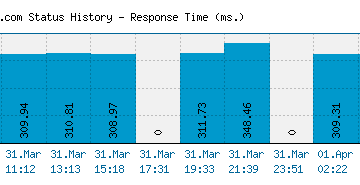The Evolution and Impact of AOL in Today’s Digital Environment

Introduction
AOL, or America Online, is a name that carries a legacy in the development of the internet as we know it today. Founded in 1985, AOL was a pioneer in online services and played a pivotal role in popularising internet access for millions of users, particularly in the 1990s and early 2000s. Despite facing fierce competition in the ever-evolving digital landscape, AOL continues to hold importance in the realms of journalism, email services, and digital advertising.
The Rise of AOL
Initially known as Quantum Computer Services, AOL rebranded itself in 1991 and quickly became synonymous with dial-up internet access. At its peak, AOL offered a range of services including instant messaging, online chat rooms, and email, drawing in millions of subscribers. The company was instrumental in introducing the concept of online communities, paving the way for what we now consider social media.
Challenges and Adaptation
As broadband internet became more prevalent and competitors like Google and Facebook emerged, AOL struggled to maintain its market dominance. The transition from dial-up to broadband significantly impacted its subscriber base, leading to a sharp decline in revenue. A series of strategic changes were made, including the acquisition of popular web properties and a shift towards digital content production. In 2015, Verizon Communications acquired AOL for approximately $4.4 billion, marking a new chapter in the company’s history.
AOL Today
Today, AOL operates predominantly as a media company, focusing on digital media, news, and advertising. Its services include the popular AOL Mail, which remains one of the oldest email platforms still in use, and AOL.com, a news site that attracts millions of visitors each month. Furthermore, AOL has been making strides in digital advertising through its subsidiary, Adap.tv, which has helped the company adapt to the changing landscape of online marketing.
Conclusion
The significance of AOL in the digital world cannot be understated, as its innovation and early contributions laid the groundwork for many of today’s internet features. While it may no longer dominate like it once did, AOL continues to evolve, adapting to the demands of modern users and maintaining a loyal customer base. As the internet landscape continues to change, the ongoing development of AOL’s services will be crucial for its survival and relevance in the future.









